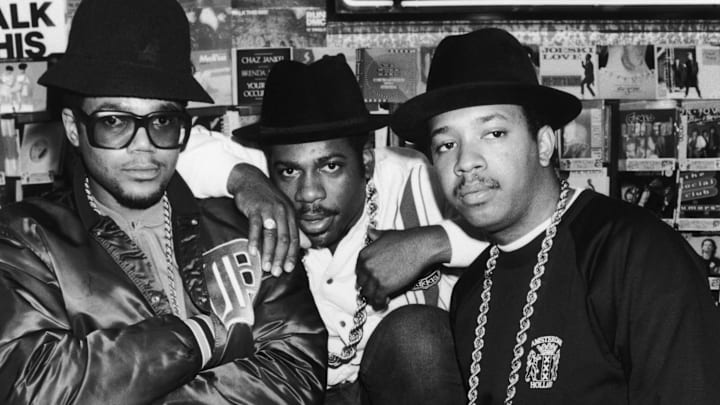We’ve already covered ten “third” albums from the 1960s and ‘70s that had a major positive impact on the careers of the artists who recorded them. In case you missed it, you can read the brilliant, ground-breaking theory that underpins the entire exercise in that first article. (Really, it’s just a metaphor about movies – something I do a lot of.)
Since we have already dispatched with the intro, today we’ll just dive right in on the next decade. I know you don’t like reading the intros anyway. It’s like the preface to a book. Who reads prefaces?
So without any unnecessary delay, and with only the tiniest of caveats, here are ten “third” albums released in the 1980s that rocketed their artists forward, both artistically and commercially. (OK -- here's the aforementioned caveat -- the final album comes from 1990. Sue me. Did you know that some very smart math types will tell you that 1990 is actually part of the decade of the 1980s? It dates back to the dawn of time and has something to do with the concept of zero. I don't really get it myself. There's no "8" in 1990, but apparently that doesn't matter.
10 great third albums from bands in the 1980s
Anyway, I'm using a song from 1990. Stop reading now if that offends you.
ZENYATTA MONDATTA by the Police (1980)
The Police only released five albums during their short-lived career, and they went out on top with their final one, the monster hit Synchronicity. But the third album, Zenyatta Mondatta, was arguably the best work they ever did. It begins with “Don’t Stand So Close to Me,” with drummer Stewart Copeland and guitarist Andy Summers essentially switching roles. Copeland drives the melody while Summers’ guitar becomes more of a percussive instrument. Along with their inherent ska sensibilities, it gave the Police a unique sound in 1980.
Copeland’s drums continue to drive the album, from the slinky “Driven to Tears,” to the frenetic “Canary in the Coalmine.” With such a powerful rhythm section – and I don’t mean to shortchange vocalist/bass player Sting in this discussion – Summers can roam freely with his guitar adding jangly accents throughout.
The Police had already hit the big-time in the UK by their third album, but Zenyatta Mondatta rocketed them into the top ten in the rest of the world. Both singles – “Don’t Stand So Close to Me” and “De Do Do Do De Da Da Da” reached the top ten in the States. It would pave the way for continued success on Ghost in the Machine the following year, and the 8X platinum Synchronicity in 1983.
